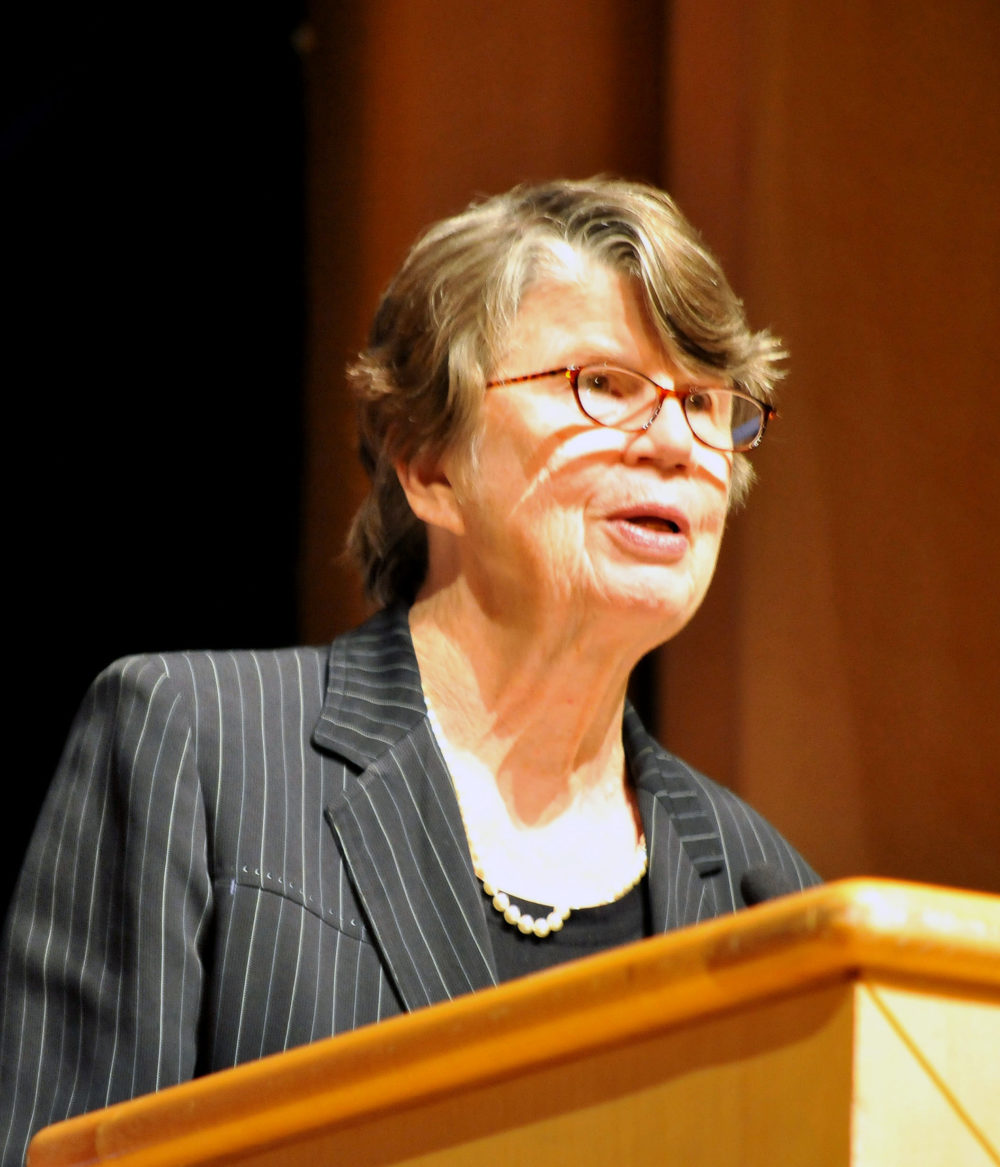In Memoriam: The Honorable Janet Reno
11.07.16 By Carlita Salizar
Today, the Innocence Project remembers the life of our ally, mentor and friend, Hon. Janet Reno. The world knew Ms. Reno as a resilient leader in American criminal justice—the first female attorney general and the longest serving attorney general in United States history. The Innocence Project also knew her as a true visionary around the matter of reforming the system through using science-based mechanisms to prevent wrongful conviction.
Ms. Reno was a founding member of the Innocence Project’s board in 2004 and had been a champion of the work before that. According to Innocence Project Executive Director Madeline deLone, “She was extraordinary—a model for women (and men) who wanted strong, considerate, and compassionate role models. She gave much and will long be admired. Our hearts are heavy.”
Innocence Project Co-Director Barry Scheck added, “According to her colleagues at the Department of Justice, at every meeting at which Janet Reno made an important or controversial decision, only one question was asked: what’s the right thing to do? It was all strictly on the merits. She was a great person and great public servant.”
As an Innocence Project board member, Ms. Reno was one of the most astute and earliest advocates of creating checks-and-balance measures to counteract cognitive bias, tunnel vision and other causes of wrongful conviction.
“Janet immediately realized the significance of the first DNA exonerations,” said Scheck. And she took two very important steps that “paid huge dividends to the innocence movement,” explains Scheck.
First, she created the Technical Working Group for Eyewitness Evidence. The group convened scientists, legal experts and forensic practitioners to develop better procedures and guidelines around gathering eyewitness identification evidence.
Second, Ms. Reno established the National Commission on the Future of DNA Evidence under the National Institute of Justice in 1998. In 2000, the commission published a report, The Future of Forensic Testing: Predictions of the Research and Development Working Group, which examined the applications of DNA testing in the criminal justice system. The report had major implications on innocence work across the country and played a role in getting prosecutors to recognize the merits of DNA testing in exonerating innocent people.
Innocence Project Co-Director Peter Neufeld reflected, “She found repugnant those prosecutors whose primary concern was defending a conviction. Instead, her first concern was the truth but always tempered with justice.”
As a founding board member, Ms. Reno helped raise the profile of the Innocence Project and innocence work across the country by increasing its acceptance in many circles. She will be deeply missed.

Leave a Reply
Thank you for visiting us. You can learn more about how we consider cases here. Please avoid sharing any personal information in the comments below and join us in making this a hate-speech free and safe space for everyone.